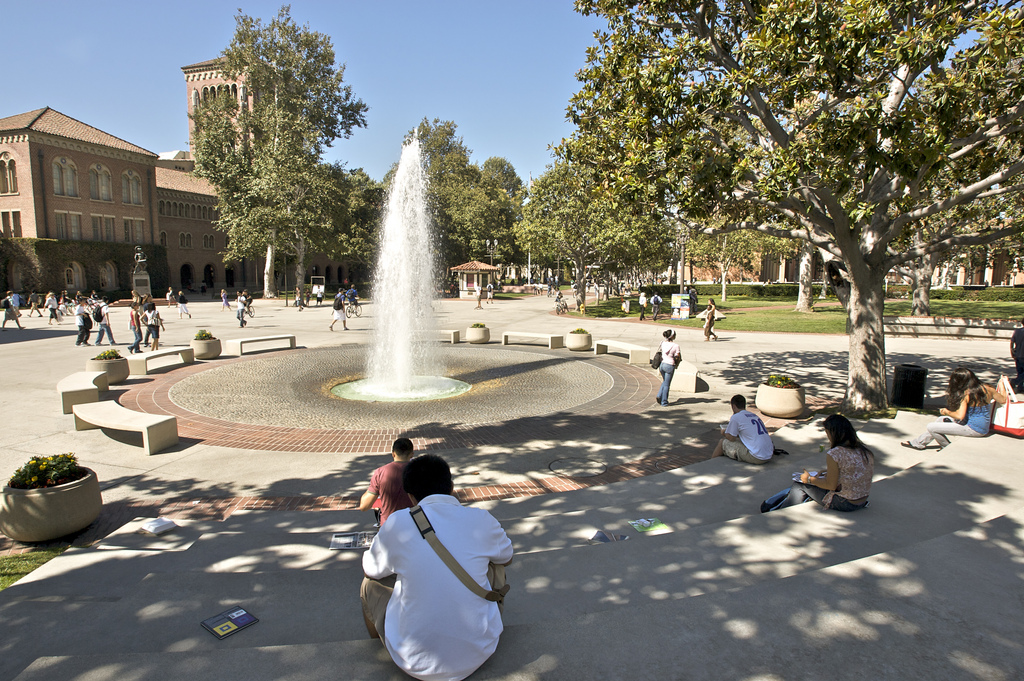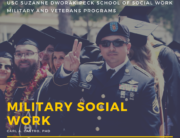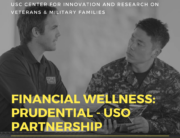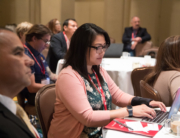By Claudia Bustamante
There is no universal way to support student veterans with mental health issues but, generally speaking, providing a safe environment on college and university campuses has proven effective.
That information, along with highlighting specific transition challenges and military stigmas, was presented during a USC conference aimed at supporting college and university students with mental illness.
Co-sponsored by the Saks Institute for Mental Health Law, Policy and Ethics and the USC Gould School of Law, “Many Voices, One Vision” brought together numerous experts and stakeholders including students, professors, university leaders, campus mental health professionals and parents during the two-day event.
Aside from student veterans, other topics included reducing the stigma of mental illness, cultural competence in assessment and treatment, how the intersection of race, culture and religion could compound stigma, and how to be successful in college.
The veteran panel included Todd Adamson, a psychologist with U.S. Vets whose program “Outside the Wire” offers counseling and referral services on select Southern California college campuses; Kim Finney, clinical associate professor with the USC Center for Innovation and Research on Veterans & Military Families; Will Hubbard, vice president of external affairs for Student Veterans of America; and Adam Renteria, a USC Master of Social Work candidate and Iraq war veteran. The panel was moderated by Penny Pierce, chair and director of the PhD in Nursing Science program at the Uniformed Services University in Bethesda, Md.
When many veterans step onto college campuses, they might find it difficult to find their place.
“I had a strong sense of not belonging where I was and not understanding how to interact with students,” said Renteria, who first attended Golden West College in Huntington Beach, Calif. “There were some who were younger than me and some who might have been the same age but didn’t have the miles I had.”
That lack of connection could lead many student veterans to isolate themselves. Panel members said it was important for colleges and universities to provide veterans with a safe place where they could network with other veterans and have easy access to resources and support services.
Finney, who teaches military social work courses within the USC School of Social Work, said it is also important for faculty to understand veterans and shoot down misconceptions. Not all veterans are “ticking time bombs,” and most don’t have disabilities or mental illness, Finney said; however, “that warrior mentality shows up in the classroom. They’re disciplined, well-trained, and their help-seeking mentality is low.”
And they’re resilient, the panelists said.
“The one thing veterans want to do is get back on the horse,” Pierce said, who has had students with post-traumatic stress disorder and traumatic brain injury. “They need to know that school is a safe place and that their behavior is normalized.”
Photo: USC Hahn Plaza (credit: USC)








